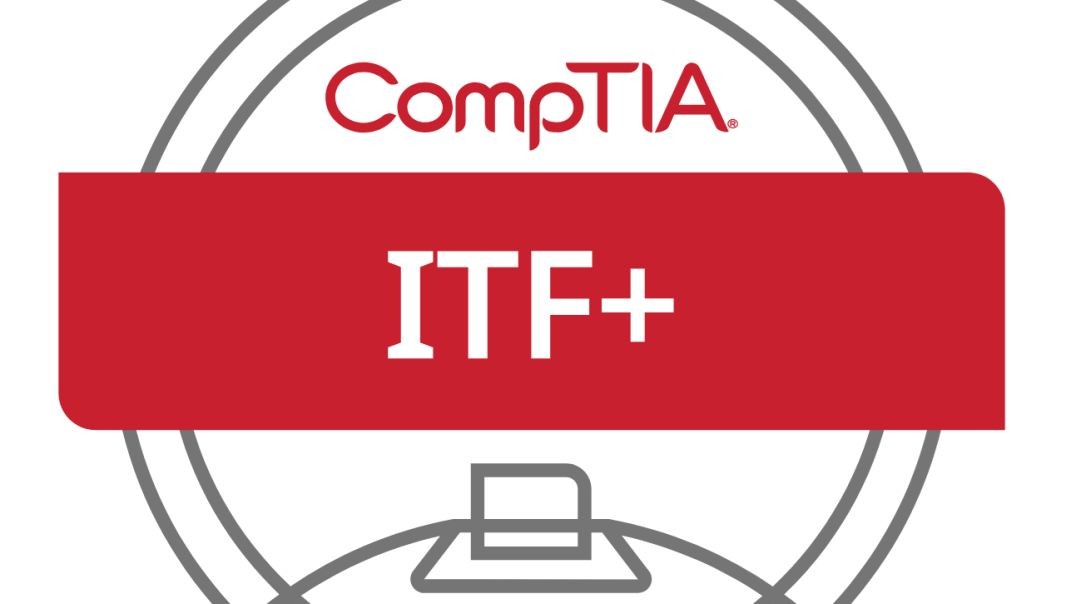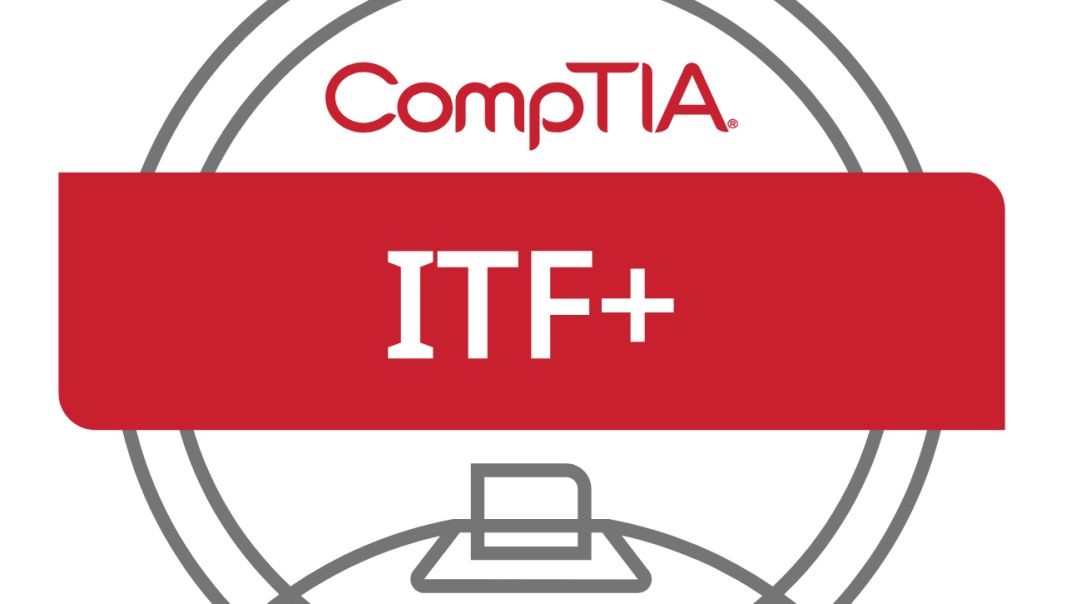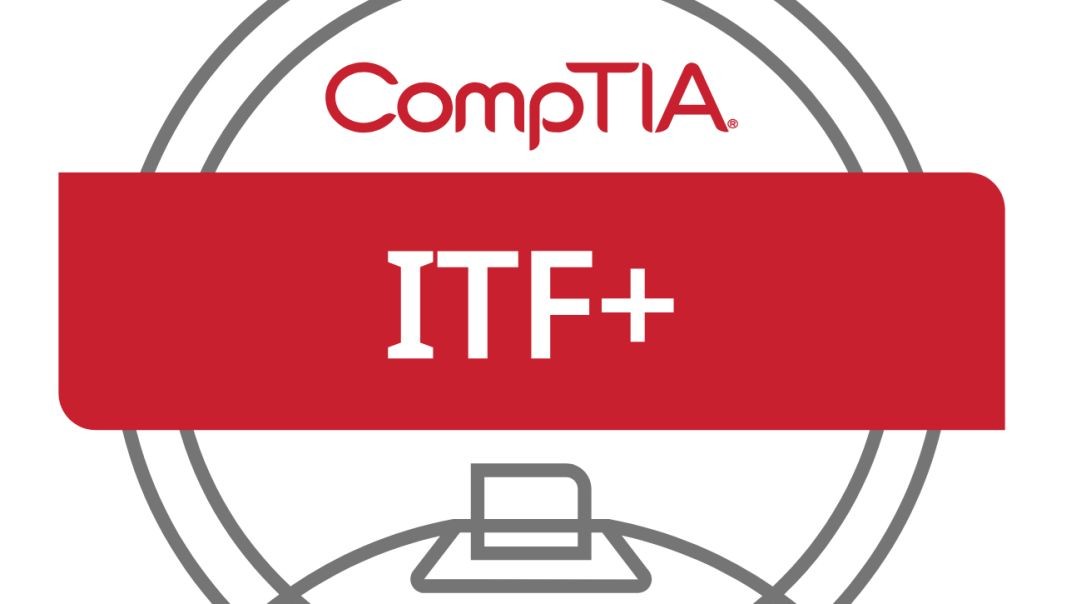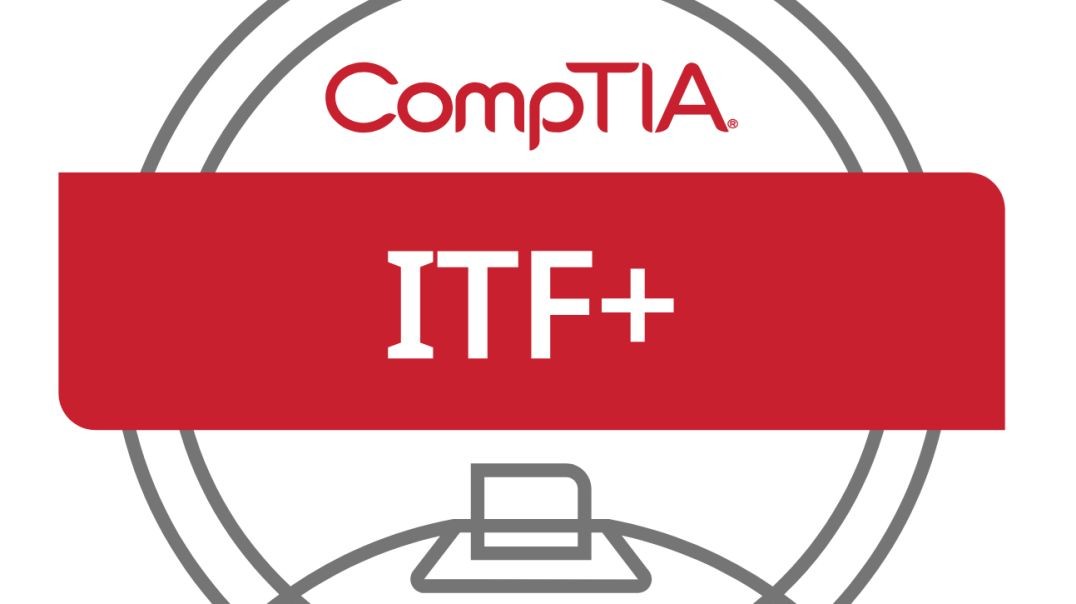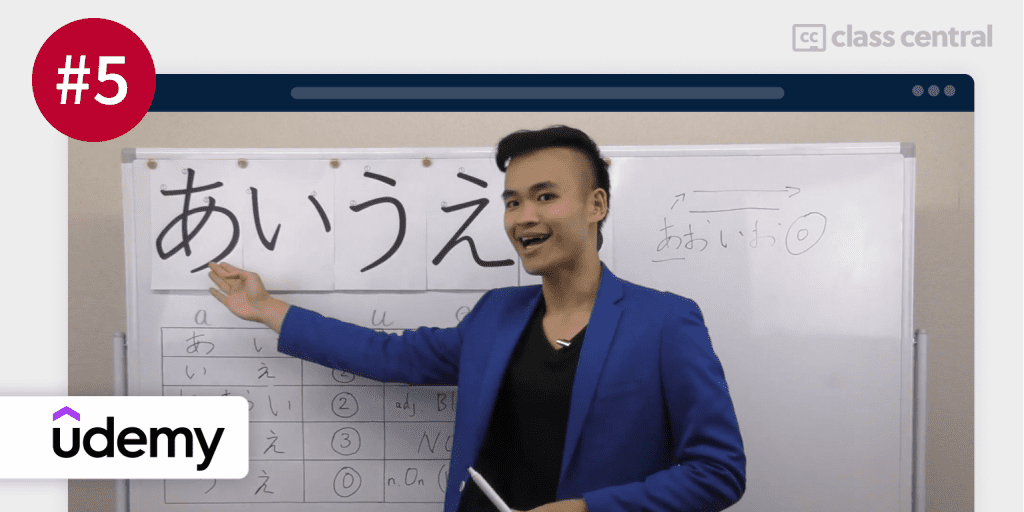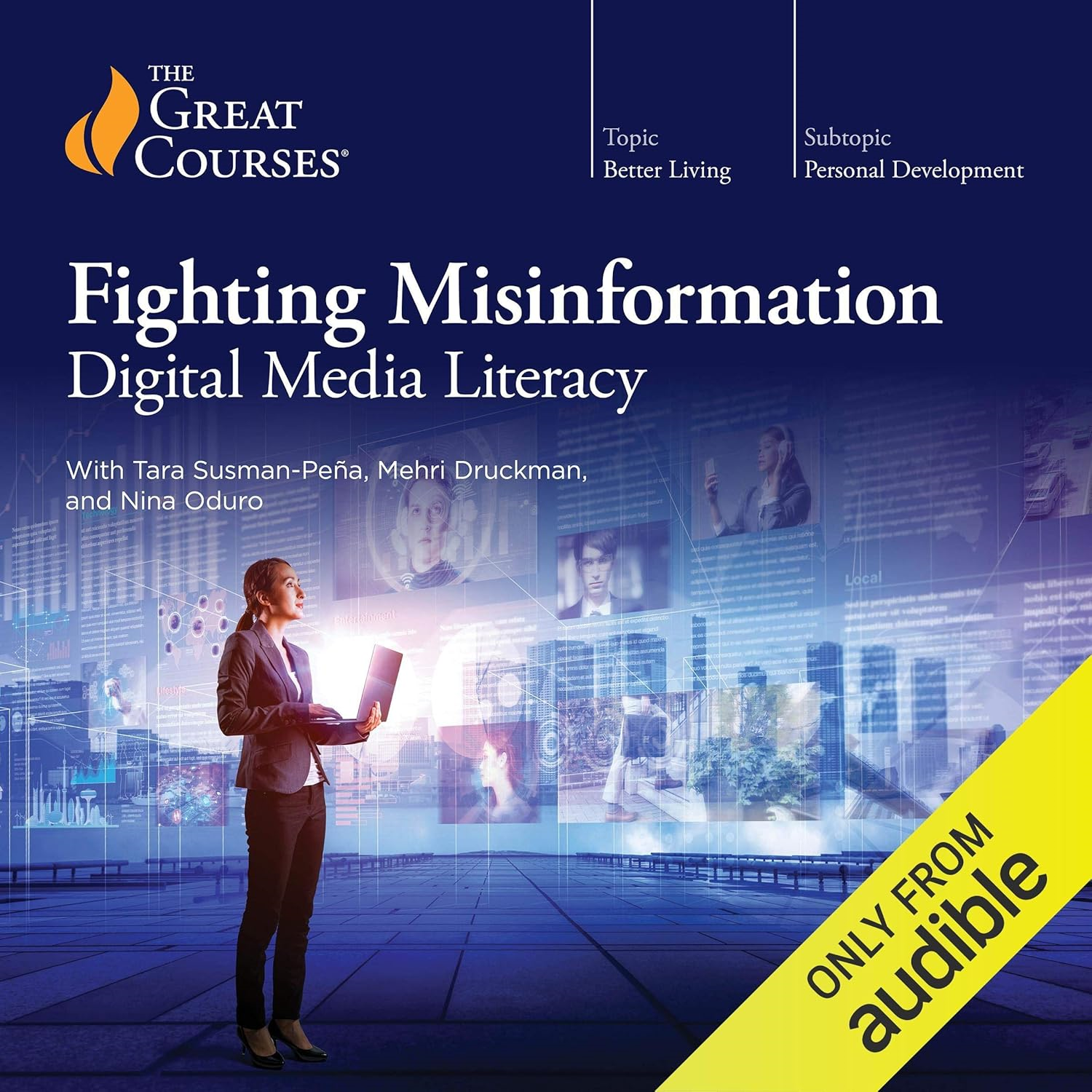Top videos
CompTIA IT Fundamentals+ Course | Module 5 Part 11: System Firmware (BIOS, UEFI)
CompTIA IT Fundamentals+ Course | Module 6 Part 5: Network Connections
CompTIA IT Fundamentals+ Course | Module 6 Part 7: Output Devices and Peripherals
CompTIA IT Fundamentals+ Course | Module 7 Part 11: Accessing Electronic Mail (Email)
OSN-K Informatika 2024
CompTIA IT Fundamentals+ Course | Module 8 Part 5: Wireless Internet Services
CompTIA IT Fundamentals+ Course | Module 10 Part 7: Managing User Accounts
CompTIA IT Fundamentals+ Course | Module 10 Part 8: Device Management
CompTIA IT Fundamentals+ Course | Module 11 Part 2: Disk Partitions
CompTIA IT Fundamentals+ Course | Module 11 Part 4: File System Features
CompTIA IT Fundamentals+ Course | Module 15 Part 3: Pseudocodes
CompTIA IT Fundamentals+ Course | Module 18 Part 5
CompTIA IT Fundamentals+ Course | Module 18 Part 6
Presentasi Kritik Tari
Humans often fail to critically evaluate the world around us. Take a close look at the machinations of misinformation, and how it can be used in conjunction with our natural cognitive biases to lead us astray. Learn about the role of reality distortion, the “Barnum effect,” selective recall, and confirmation bias in misinformation, and how techniques like “Label to Disable” and “Care before You Share” can help.
Examine the motives of France and of Napoleon for the massive invasion of Egypt in 1798, and witness the two primary military engagements that ensued. Take account of the impacts of the French occupation, and of the phenomenal work of scholarship under Napoleon that gave birth to the field of Egyptology.
To be a great debater, you must not only learn to recognize argument fallacies, but you must also learn to combat them during the debate. This first in a two-part lecture series offers insight to help you identify fallacies that stem from flaws in your opponent's research, including the post hoc ergo propter hoc fallacy, hasty generalizations, and more.
Although they are two separate fields, the art of debate sometimes employs formal logic with great success. In this lecture, see how "conditional argumentation," a way of employing if-then statements to argue a point, lets you acknowledge a point without agreeing to it-a line of argument that pairs well with "even-if" arguments.
